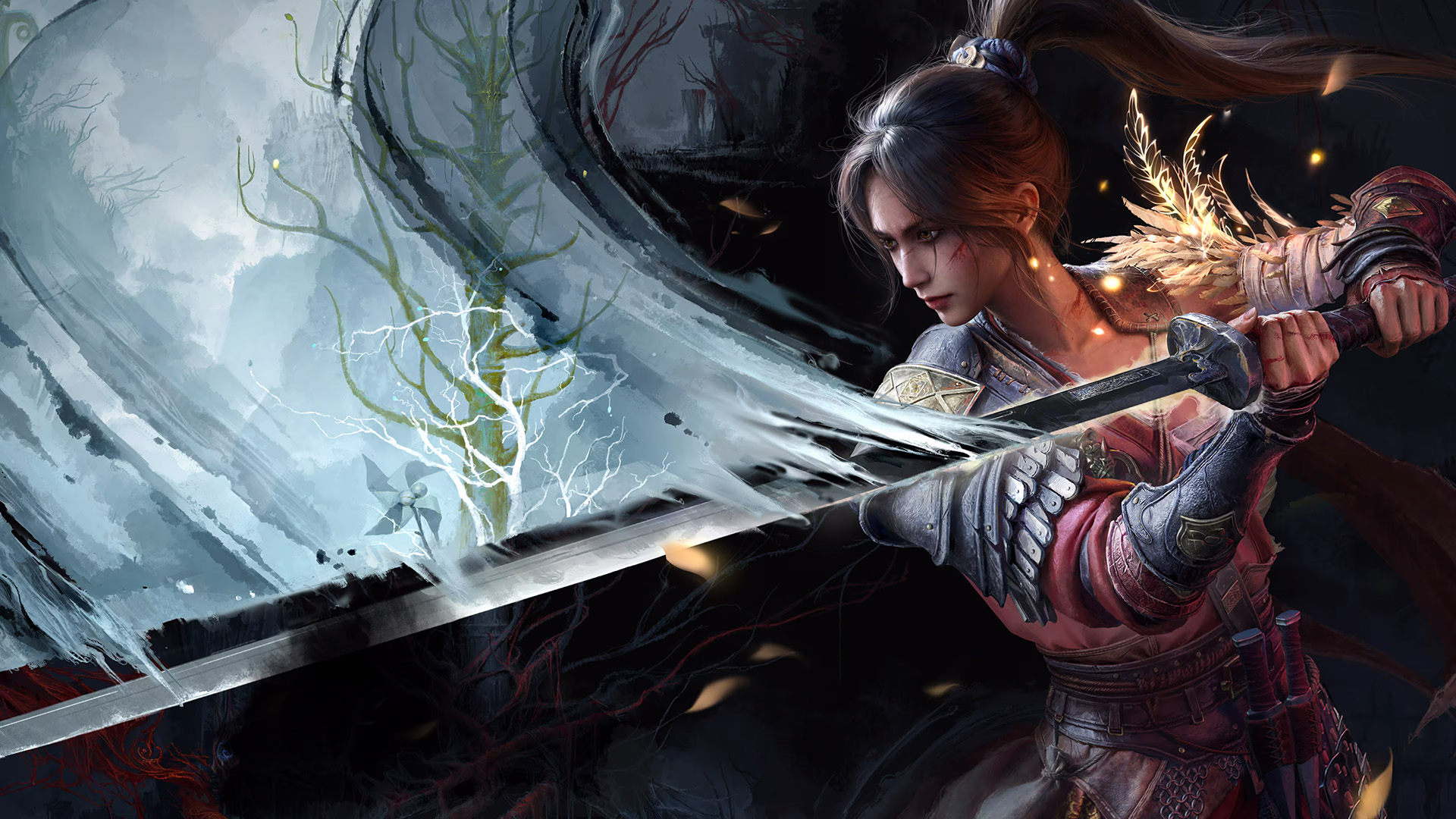Amid the mystical shadows of crumbling temples and ancient bronze masks, Wuchang: Fallen Feathers is transporting players around the world into a richly imagined version of Ming Dynasty China. Released globally on July 25, 2025, the game is more than a technical marvel or another Soulslike entry—it’s a cultural milestone for Chinese game development.
A Cultural Masterpiece in a Soulslike Frame
Set during the late Ming Dynasty (1368–1644), Wuchang: Fallen Feathers casts players as a warrior afflicted by a supernatural plague, navigating haunted landscapes, from fog-draped mountains to decaying spiritual sanctuaries. But the game’s appeal extends far beyond combat and exploration.
Developed by Chengdu-based Leenzee Games, the title integrates painstaking cultural detail. Over six years, the studio scanned dozens of ancient relics—Buddhist grottoes, stone carvings, village ruins—and embedded them into the game’s environments. The narrative is also steeped in Chinese lore, with traditions like Sichuan’s face-changing opera and the dazzling “molten iron dance” enhancing the immersive storytelling.
“We want gameplay to be the backbone,” said Leenzee CTO Xia Siyuan, “but the flesh and soul of any great creation will always be cultural expression.”
China’s Global Gaming Rise: A Playbook in Progress
The success of Wuchang: Fallen Feathers rides the cultural wave ignited by Black Myth: Wukong, which last year proved that Chinese mythology can be transformed into a globally compelling gaming experience. Even before release, Wuchang soared to No. 1 on Steam’s global bestseller list—excluding free-to-play titles and hardware like the Steam Deck.
For Xia, the international traction isn’t just luck; it’s a sign that China’s studios are mastering the pipelines that make global launches successful. “Black Myth gave us a playbook,” he said, citing its influence on international marketing, tech support, and distribution.
With a reported $18.56 billion in overseas revenue from domestically developed games in 2024 alone, the Chinese gaming industry is no longer playing catch-up—it’s competing at the highest levels, particularly in the premium single-player market.
Chengdu: The Heart of China’s Creative Engine
Much of this success can be traced to Chengdu, capital of Sichuan Province and now the epicenter of China’s digital creativity. Over 6,000 digital firms call the city’s high-tech zone home, forming a thriving collaborative ecosystem. Leenzee’s neighbors include heavyweights like the Honor of Kings team from Tencent, French publisher Ubisoft’s Chengdu studio, and the creators of the Ne Zha animated film series.
This creative cluster powered Wuchang’s production: more than 60 companies contributed to the game’s music, visual assets, and tech development. CEO Jiang Min called the regional synergy a “creative accelerant,” crediting it with enabling the studio to deliver AAA-level polish and depth.
Jiang also sees the city’s talent pool reaching a tipping point. “Our ecosystem for single-player console games is maturing fast,” he said. “We now have the technical and narrative depth to stand alongside the best.”
A Global Window into China’s Past
Wuchang: Fallen Feathers offers players a visceral and poetic dive into China’s ancient history—specifically, the relatively obscure Shu civilization of southwest China. For many global gamers, it’s their first encounter with such rich cultural terrain.
Russian player Novozholov Ilia, who attended an offline demo event, captured this sentiment: “This is my first encounter with ancient Shu culture through gaming, and everything feels incredibly fresh and fascinating.”
This emotional resonance may be Wuchang’s greatest legacy. While gameplay hooks are crucial, it’s the infusion of ancient art, tradition, and storytelling that sets the title apart.
As more Chinese studios adopt this culturally-driven development model, the world may be on the cusp of a new era—one where gaming becomes a primary medium for cultural diplomacy, storytelling, and cross-border imagination.




